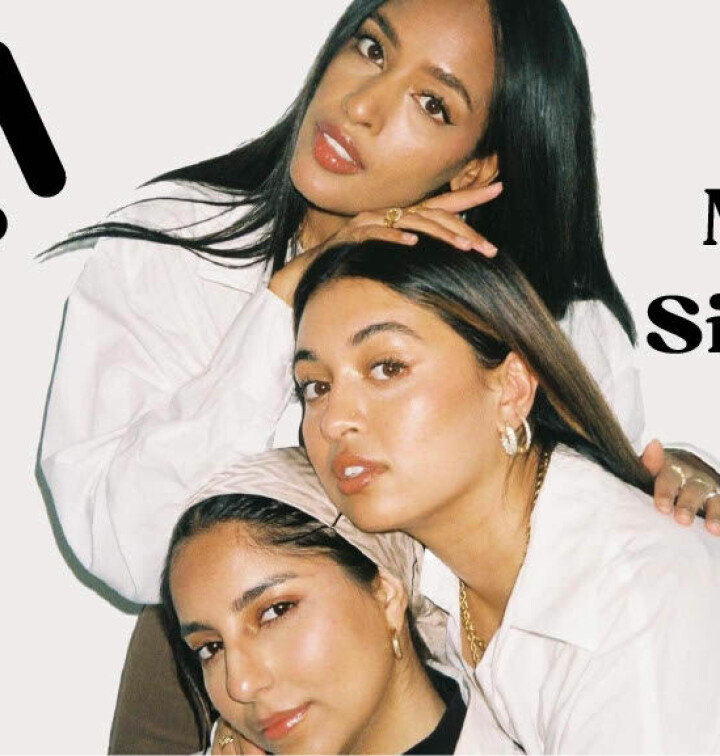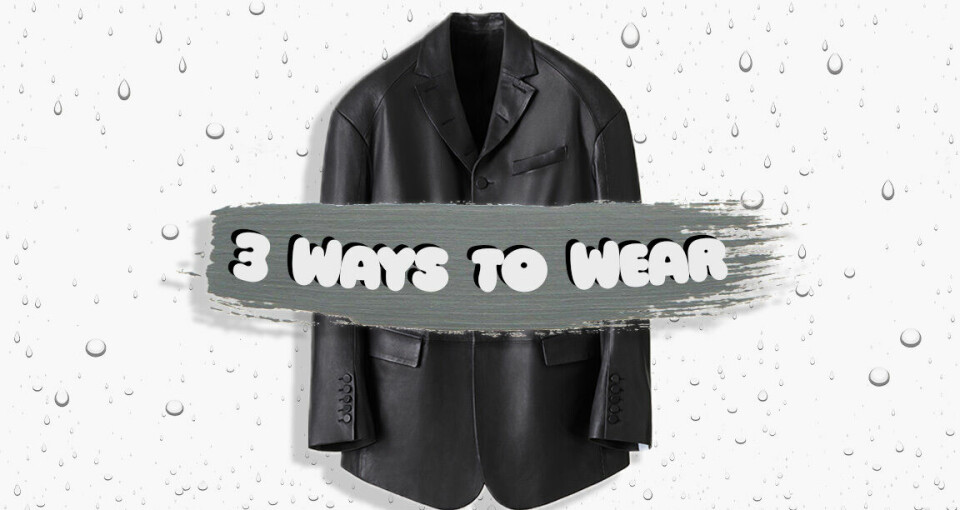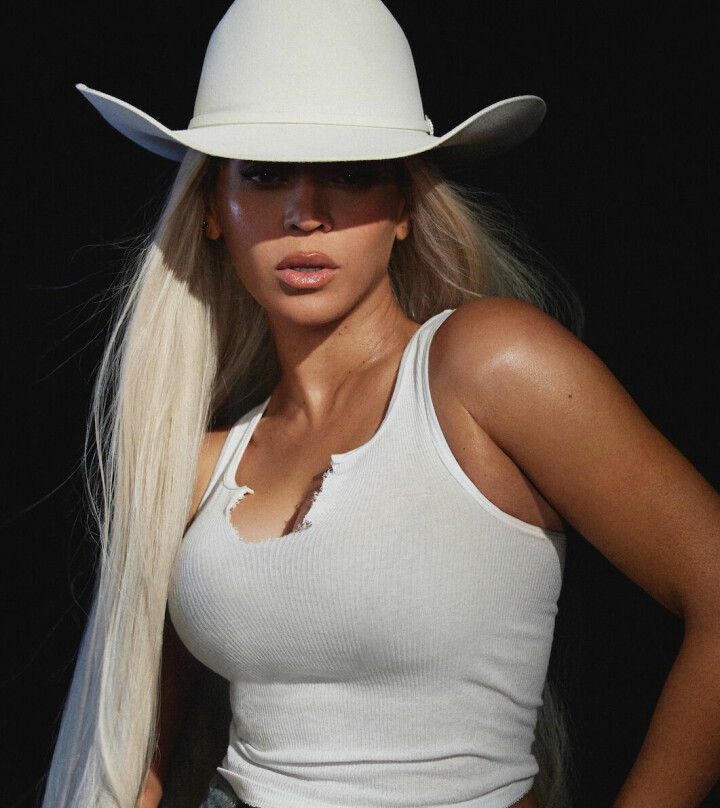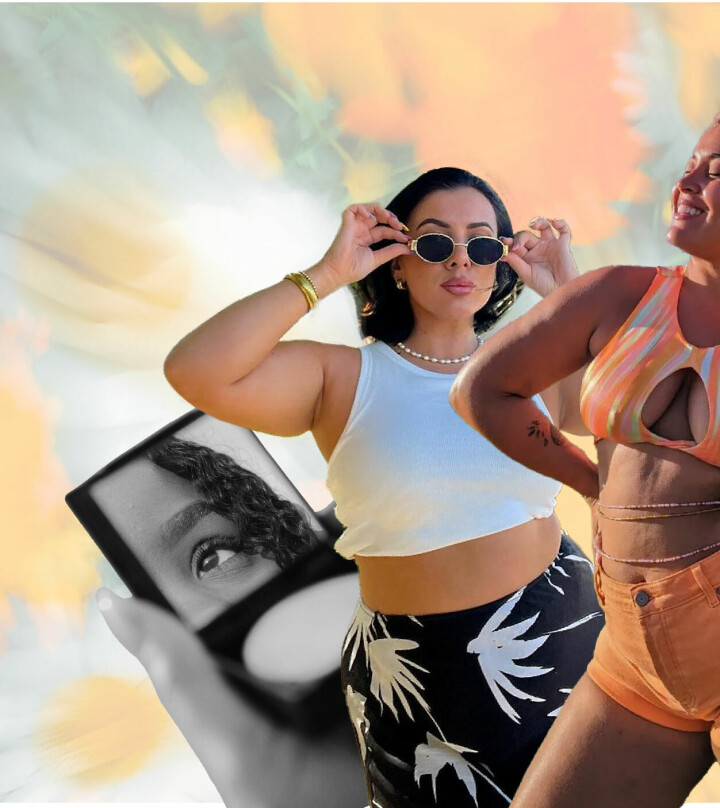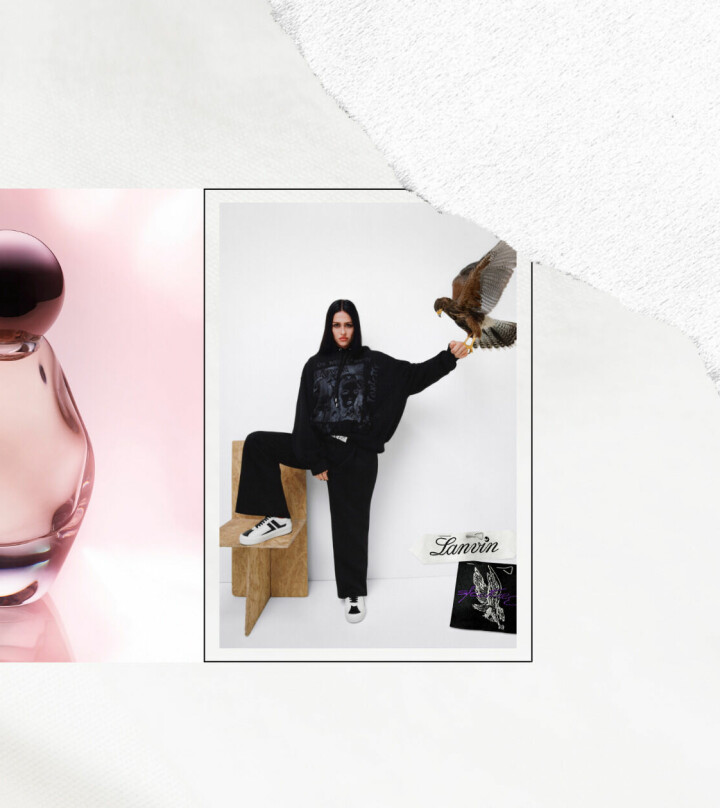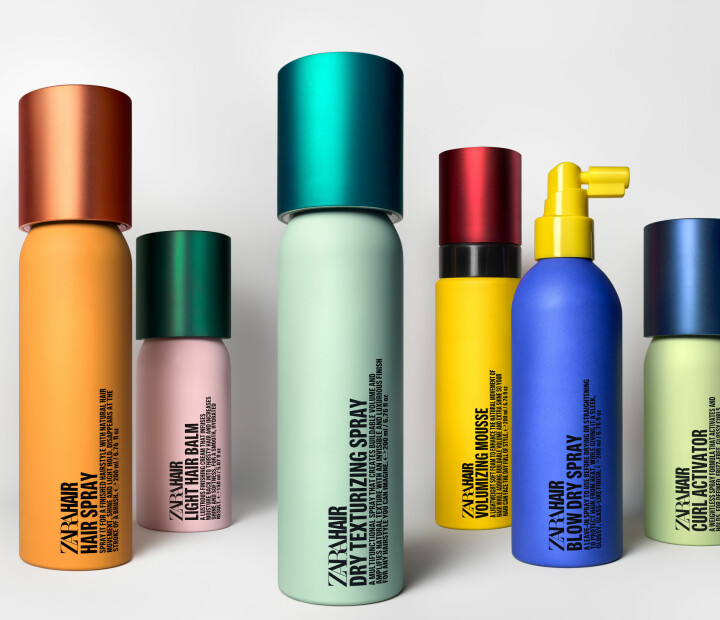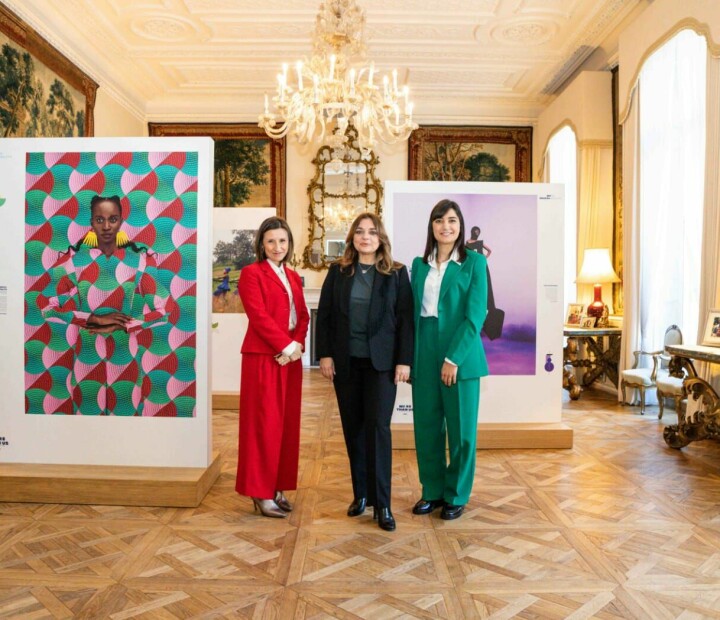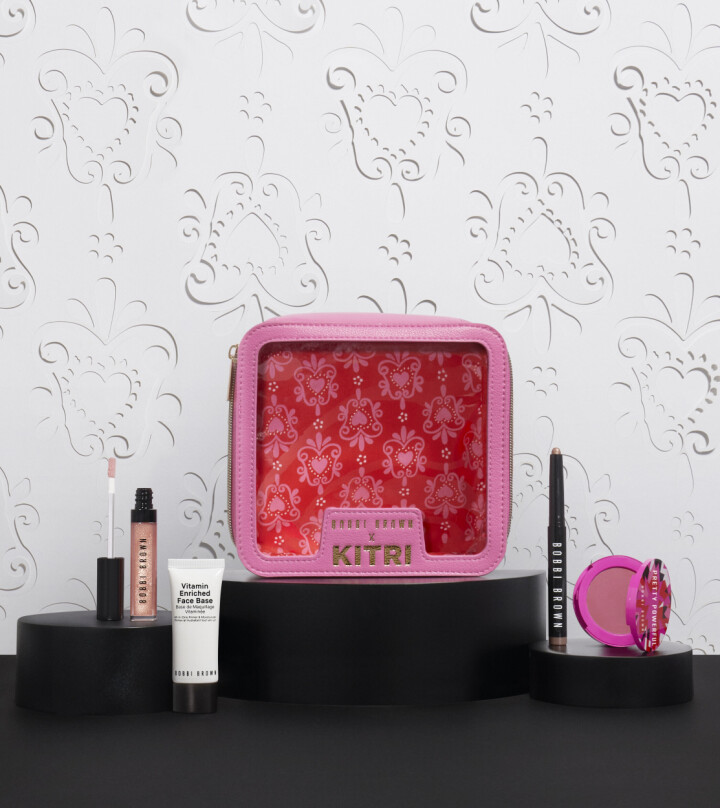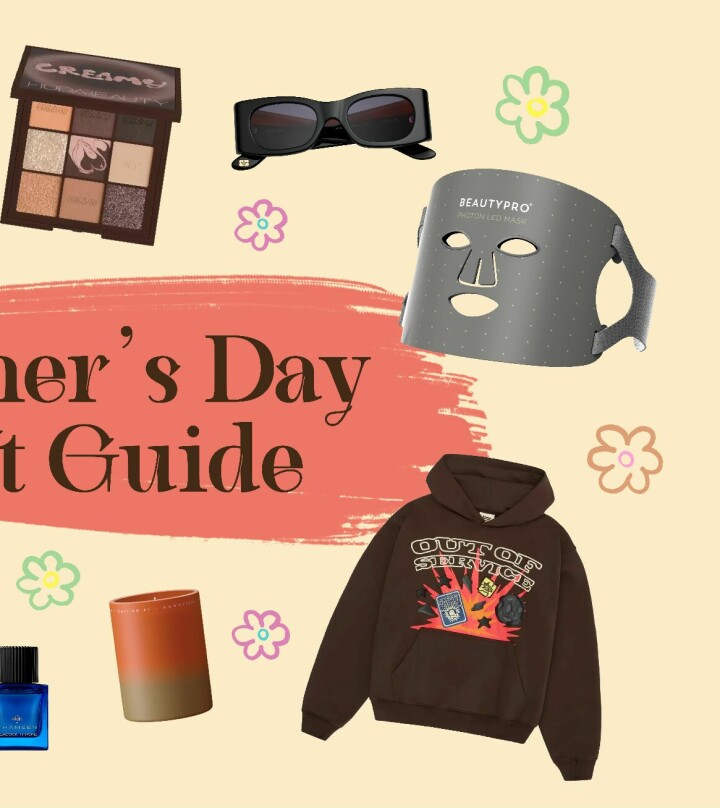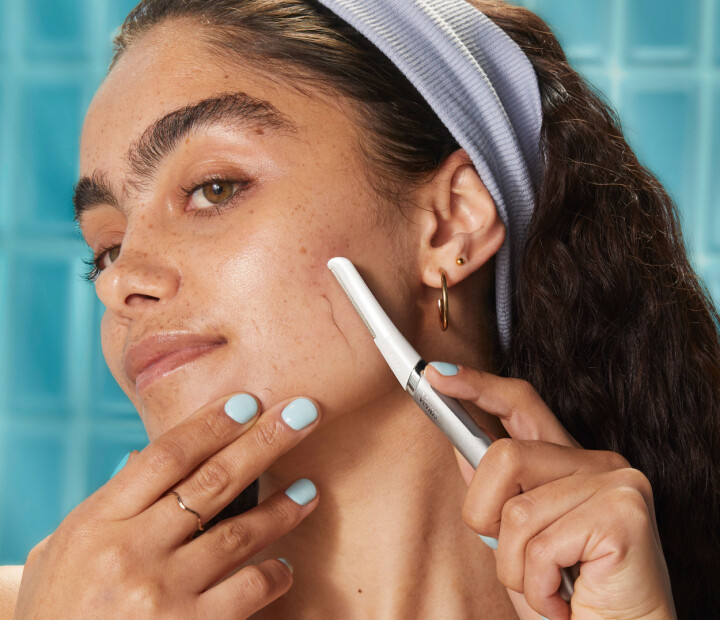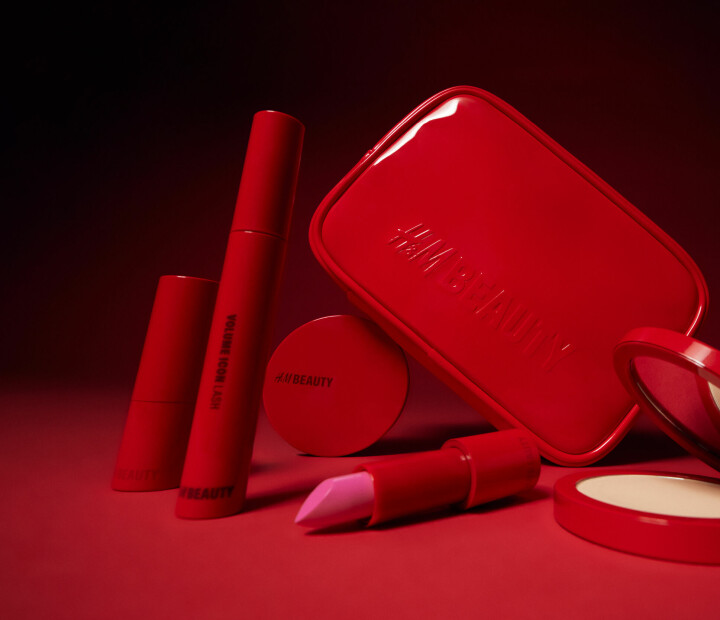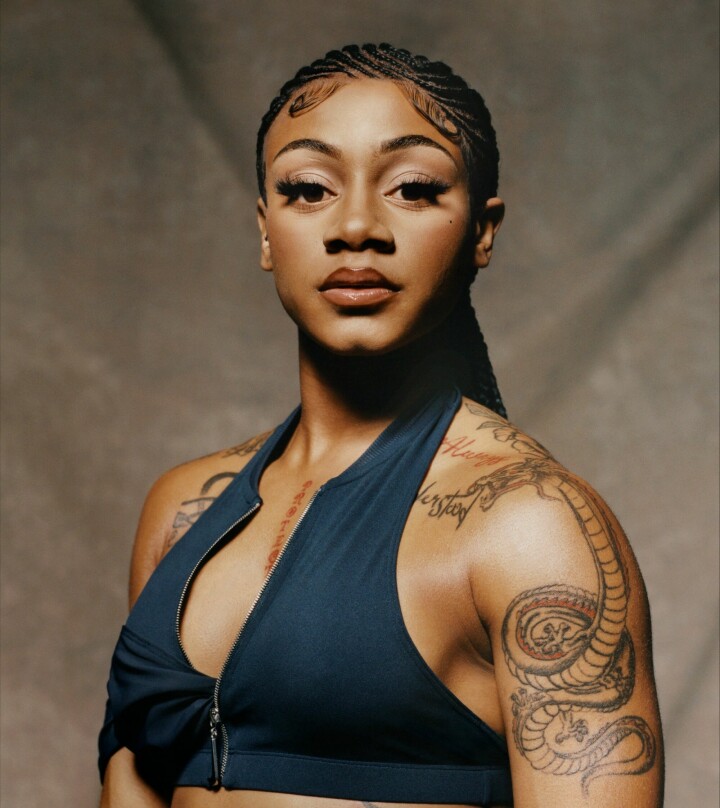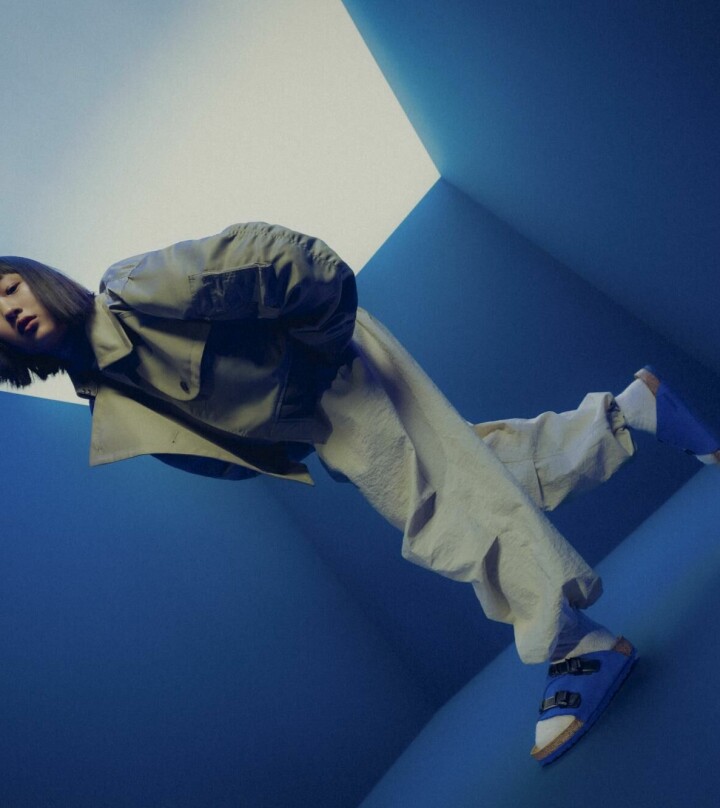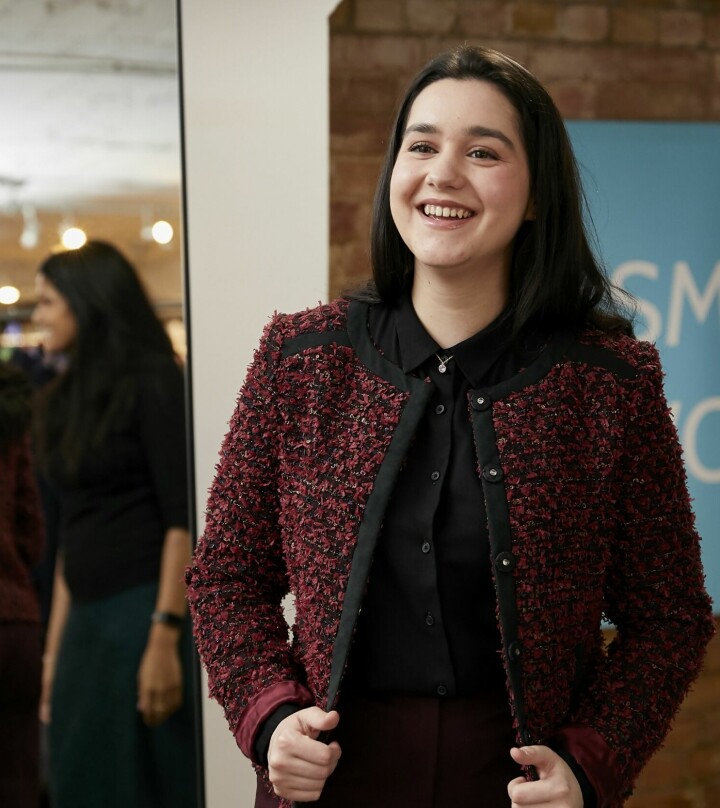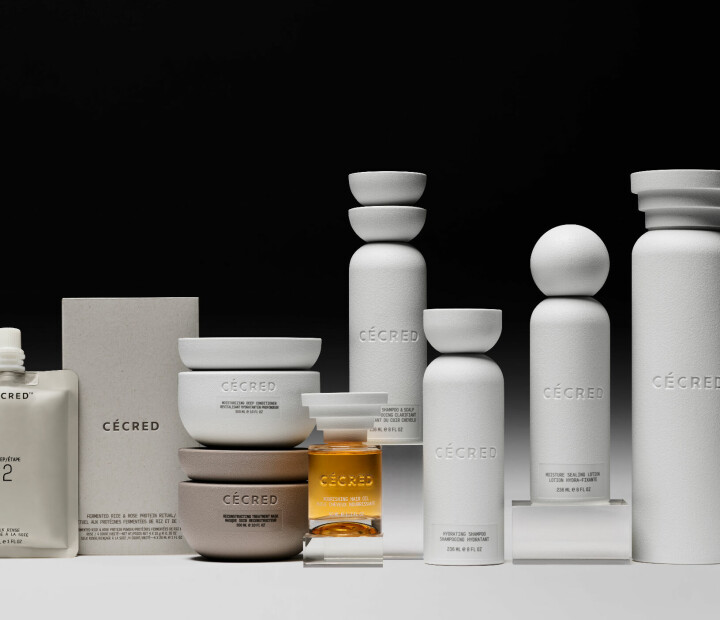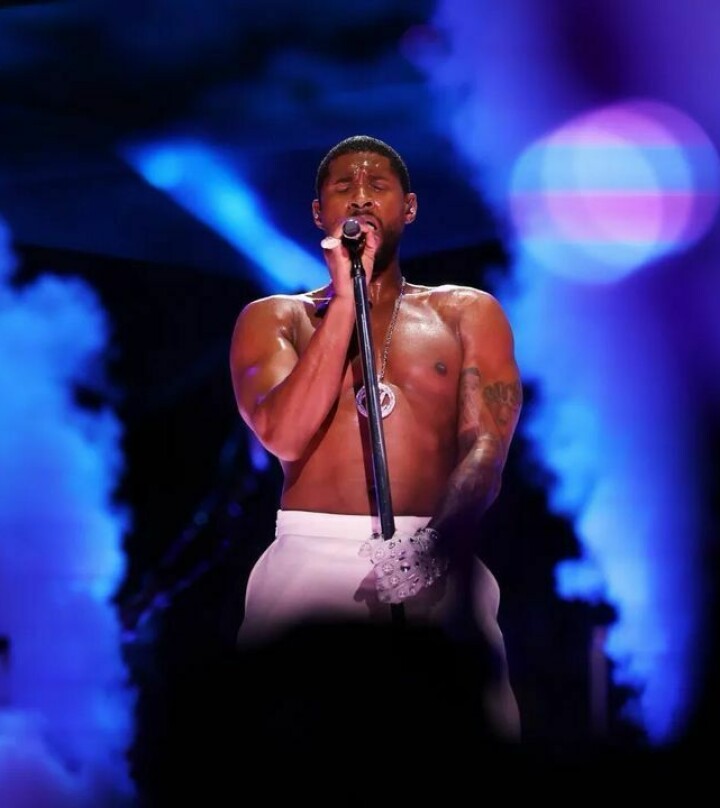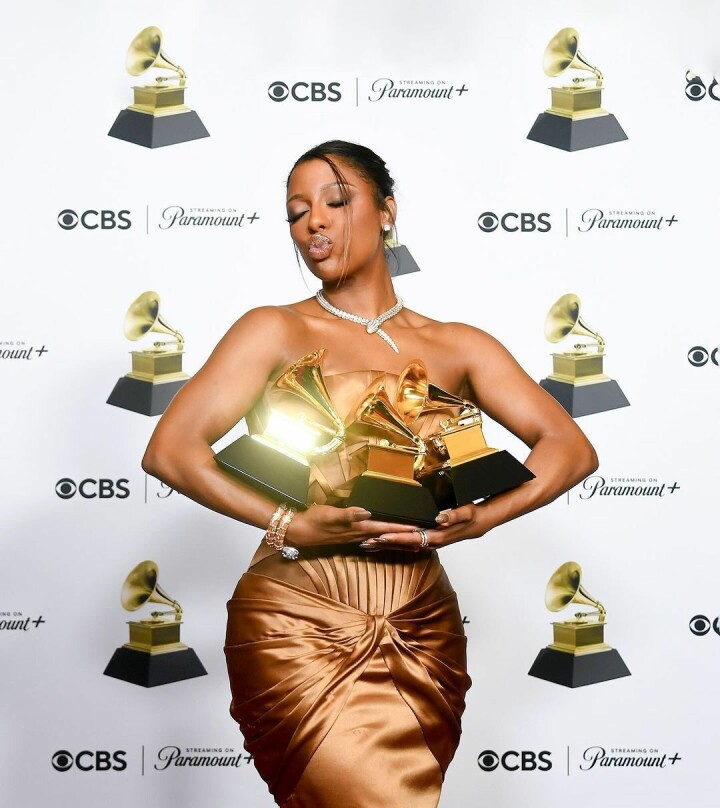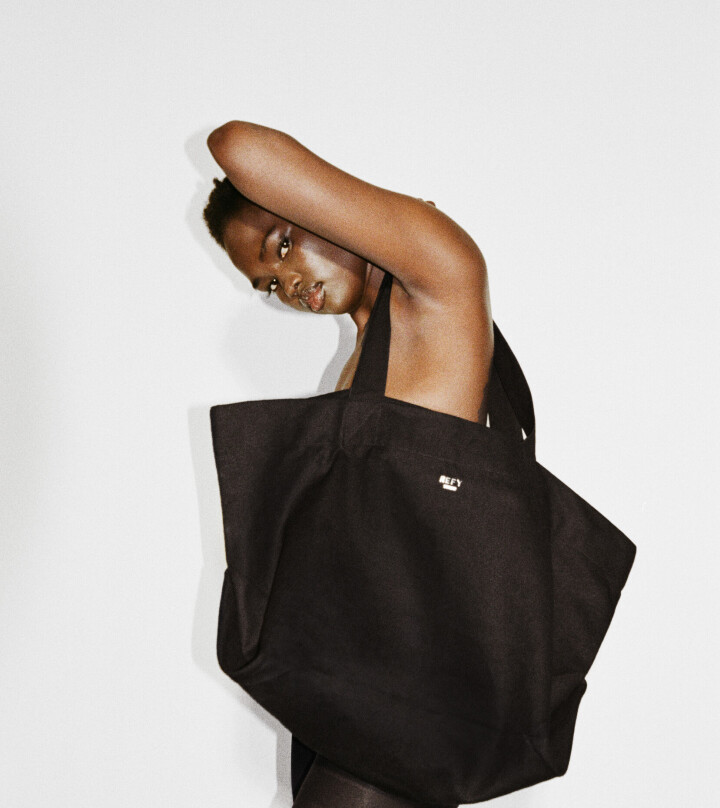Beauty
The Halo Collective launch ‘The Halo Code’
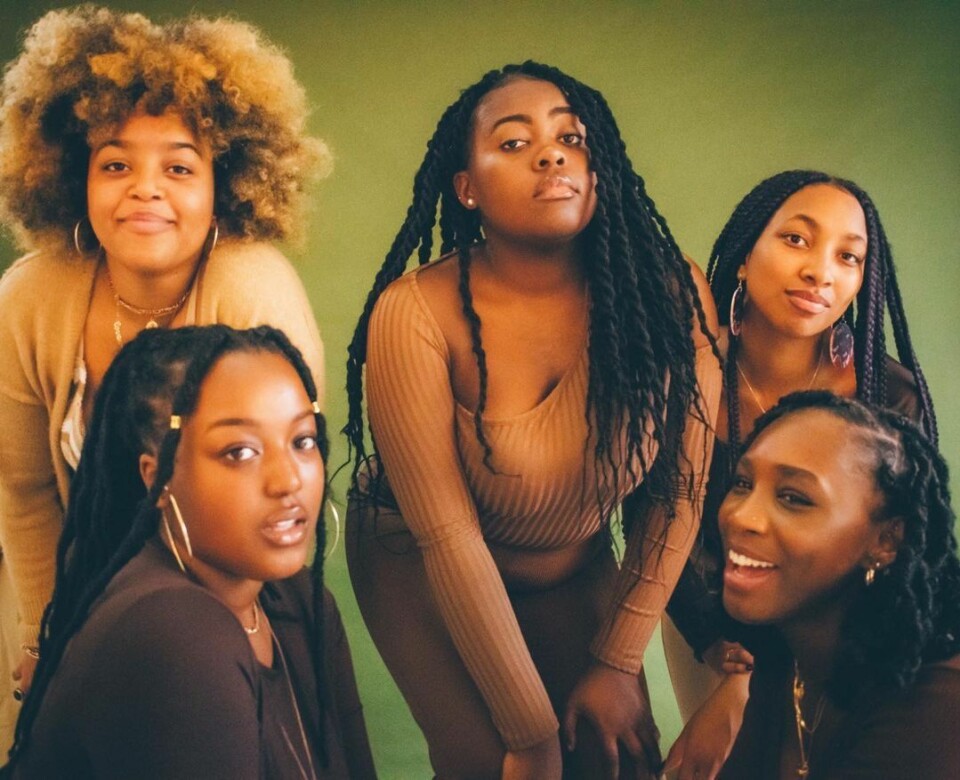
A person’s hair is more than the strands that grow on their head, it is part of their identity and a way of presenting themselves to the world, especially for people of colour. However, for many POC, their hair is often the subject of discrimination in professional environments such as schools and workplaces, as in its natural, afro texture state, it is often deemed “unprofessional” and “inappropriate”.
This is where The Halo Collective steps in.
The Halo Collective, which was founded by a 30 young, black individuals from the Advocacy Academy in South London, is an alliance of UK based organisations and individuals, who are working tirelessly to tackle hair discrimination and “end hair inequality for good”
Since 2010, discrimination against hair has been made illegal, due to the Equalities Act becoming law in the UK. Although this signifies progress in the fight against hair discrimination, for the Halo Collective, this is simply not enough.
The organisation is aiming to not only offer protection of afro textured hair in professional environments, but to also end the stigma surrounding it.
As stated on their website: “despite hair being a protected racial characteristic under the law, there is a widely held belief that Black hairstyles are not suited for formal settings, and may be unhygienic, messy, disruptive, or unkempt”
As a result of this stigma, black people are often held back and/or denied opportunities because of their hair, resulting in a growth in racial injustice and discrimination.
The Halo Code, created by 5 teenagers in the Halo Collective, guarantees that black people in schools and workplaces, freedom to wear their hair in any way they please, without judgement and injustice.
The code is being adopted across the UK, with schools and workplaces implementing it, in a show of inclusivity and the support of diversity.
Unilever, Dove’s parent company, is one of the first companies that have put the Halo Code into action in their workplace. Sutton High School, a private girls’ school in southwest London, has also recently signed the code, pledging to take the code into consideration when shaping school policy regarding “appropriate” hairstyles.
This is a huge step forward, the Code is helping prevent injustices that members of the Halo Collective team have faced.
Zhané, a Collective member from Thronton Heath, said about her own experiences with her natural hair when she was younger. “I didn’t understand that this dislike was coming from internalised Eurocentric beauty standards that fuelled my longing for hair that didn’t resemble my own.”
However, she further stated: “Joining Halo is the perfect opportunity for me to change the associations I have with my hair – to ones of beauty, strength and resistance”
The derogatory stereotypes associated with afro textured hair is deeply rooted are deeply rooted in colourist and racist prejudices. In western society, fair skin and straight hair are deemed as desirable and attractive, whereas darker skin and kinky and coily hair are often viewed in the opposite way.
These ideals date all the way back to slavery, where the caste system separated slaves based on their skin tone and hair textures, meaning that lighter-skinned slaves were usually favoured and treated better by slave masters, in comparison to their darker skinned counterparts, creating a hierarchal system where black people fell to the bottom,
“This hierarchy of hair types was based on European standards of beauty, and fed into the creation of social structures based on skin tone (known as colourism) and hair texture (known as texturism).”
Social structures such as these still affect black people today, as these prejudices remain ingrained in western society, and has now expanded due to the rise of social media, where traditionally African features are still underappreciated.
The Halo Collective are actively fighting for not only the protection of afro textured hair, but also calling for it to be celebrated. The history behind African hair is rich and detailed, as it has always served a purpose.
“Afro-textured hair and hairstyles have always been an important symbol of wealth, identity, family, heritage, age, tribe, religion, and social rank, as well as a visual language”.
During the 1960s, the civil rights movement was in full effect, and the Black Power Movement chose to embrace their blackness, starting with their hair. The Afro became not only a hairstyle, but was also a radical political statement and a symbol of pride, strength and solidarity.
Hair in black and African communities offers a sense of identity and pride. The Halo Code allows for black children and adults to wear their hair with pride in professional environments, with facing discrimination.
The mission of the Halo Collective and its code is one that is necessary and progressive, as it reminds black people that our hair is something that should be celebrated and loved.


